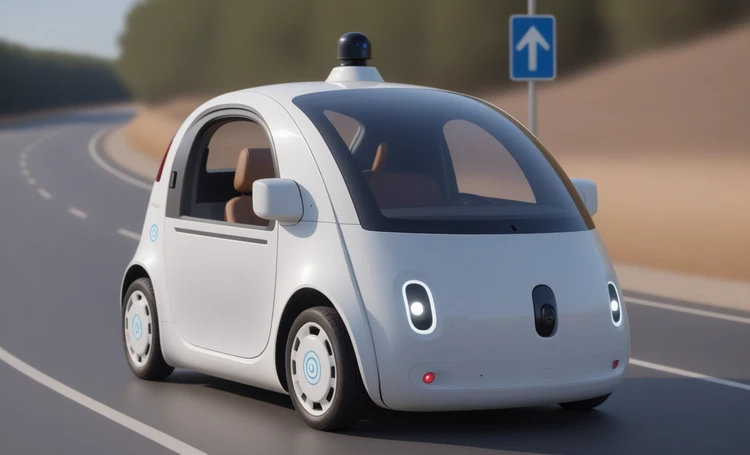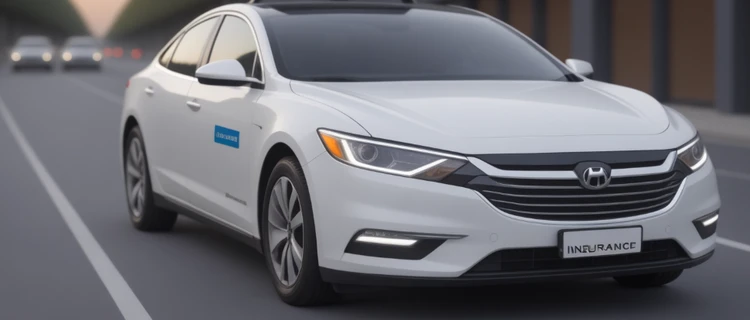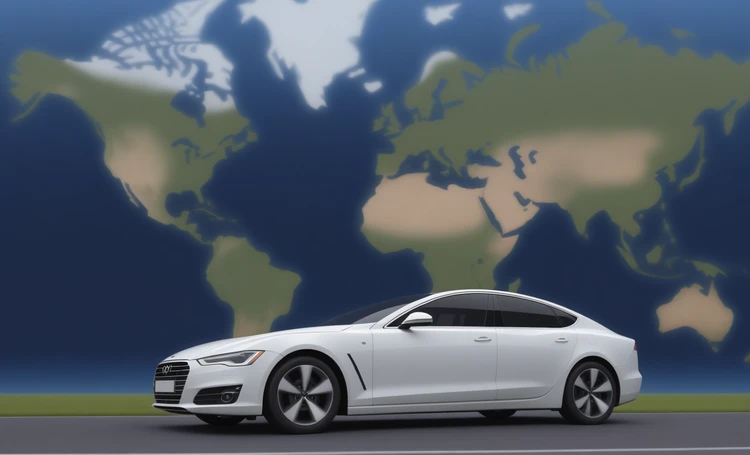Autonomous cars: a revolution in the insurance world 🚗💡
Autonomous cars are becoming more and more popular in the world, and this cannot but affect the insurance industry. From Germany to the USA, new prospects and challenges are opening up for insurers and car owners. Find out how autonomous cars are affecting insurance rates here to stay up to date on the changes that are on the way.
Basic principles of operation of autonomous vehicles 🚘🔍
Autonomous cars, or self-driving cars, are equipped with systems that allow them to move without the active participation of the driver. These systems include sensors, cameras, radars, and data processing software that allow the vehicle to navigate roads while avoiding obstacles and following traffic laws.
Innovation and its impact on safety
Thanks to advanced technologies, autonomous cars promise to significantly improve road safety. Reducing the risk of accidents due to the accuracy and reliability of self-driving systems can lead to reduced insurance payments.
Impact on the cost of insurance 📉💰
Given the potential of autonomous cars to reduce the number of accidents, the cost of insuring such cars could change significantly. Insurance companies are considering reducing rates for owners of autonomous cars, given their increased safety and lower risk of accidents.
Market Forecasts and Trends
Experts predict that with the growing popularity and adoption of autonomous vehicles, insurance companies will be forced to rethink their approaches to pricing. Thus, insurance for traditional cars may become more expensive, while for autonomous cars it may become more affordable.
Prospects for the development of autonomous vehicles 🌐🚀
The development of autonomous cars is in full swing, and many major automakers such as Tesla, BMW, and Google's Waymo are investing heavily in this area. This not only opens up new opportunities for the automotive industry, but also entails changes in the economy and social life.
The role of autonomous cars in the modern economy
Autonomous cars have the potential to radically change economic processes, affecting areas ranging from transport services to urban planning. It is expected that they will be able to reduce transport costs, improve accessibility for various segments of the population and help reduce traffic jams.
The potential of autonomous cars to change public transport
Autonomous cars also have the potential to radically change the concept of public transport. They can offer more efficient and convenient ways to travel in cities, reducing dependence on private cars and reducing the burden on road infrastructure.
Economic aspects: insurance and autonomous cars 📊💲
The penetration of autonomous cars into the market promises not only to be a game changer in the auto industry, but also in insurance. The sector is already beginning to look for new approaches to assessing risks and determining the cost of insurance.
New challenges and opportunities for insurance companies
With the advent of autonomous cars, insurance companies are faced with the need to adapt their products. Thus, they must take into account new types of risks associated with software and cyber security, and also reconsider approaches to calculating insurance premiums.
Table: Comparison of insurance rates
For clarity, here is a table showing the differences in insurance rates between traditional and autonomous cars.
| Vehicle type | Average cost of insurance (dollars/year) |
|---|---|
| Traditional | 1200 |
| Autonomous | 800 |
This table reflects the current trend of lower insurance premiums for autonomous cars due to their increased safety.
The future of autonomous cars and insurance 🌟🔮
The prospects for autonomous cars and their impact on insurance costs remain the subject of lively debate. On the one hand, there is the potential to reduce the cost of insurance by reducing accident rates. On the other hand, risks associated with software and cybersecurity are increasing.
The changing role of insurance companies
In the future, insurance companies may shift their focus from compensating for damages after an accident to preventing incidents using real-time data on vehicle behavior. This way, they will be able to offer customized rates based on the vehicle's usage statistics and technical condition.
Cybersecurity: a new priority in autonomous car insurance 🛡️💻
As the number of autonomous vehicles increases, so does the importance of cybersecurity. Insurance companies are beginning to focus on protection against cyber threats, which entails new types of insurance products and services.
Development of cyber insurance
Cyber insurance is becoming a key element in the insurers' service portfolio. It includes protection against damage caused by vehicle software hacking, as well as against data loss and privacy violations.
Impact on insurance markets in different countries
Differences in legislation and approaches to regulating autonomous cars in Europe, America and Germany create a heterogeneous landscape in the insurance industry. This requires insurance companies to be flexible in adapting their products to different markets.
Conclusion and prospects 🌐🔍
Autonomous cars hold the promise of revolutionizing not only the way we travel, but also economics such as insurance. Reducing accidents and improving road safety can lead to lower insurance premiums. However, increased risks associated with cybersecurity and software reliability require a new approach in assessing and managing risks on the part of insurers.
Results
- Autonomous cars promise to reduce insurance costs by improving road safety.
- New risks associated with software and cybersecurity require the development of new insurance products.
- Different insurance markets around the world have their own requirements for autonomous vehicle insurance, which is driving innovation and flexibility in the insurance sector.



